I used to write a blog called Unstuffed. It was "a place to record my adventures of being a gentle consumer and living more fully, with less stuff." It was born out of a year long resolution to not buy anything new. I was really inspired by folks like No Impact Man, Sharon Astyk and other eco-conscious bloggers who proliferated around that time. And you can connect all the dots of that year and it will lead you right here to where I am now, having left a solid and pleasant office job in order to spend as much time outdoors as possible, playing in the fields and forests around Ottawa and beyond.
Eight years on, I still try to be a gentle consumer, and while I have accumulated a good deal more 'stuff', it is mostly stuff that is in service to the Wild Garden, this wee business here that I have created to support my playing-in-the fields-and-forests habit. Oh and I still don't use toilet paper, in case you're wondering. (Now I realise for some that may sound weird or gross. But look. A daily, warm & soapy water wash around the backside, dried off with a soft square of cotton, is much more refreshing than just smearing things around back there with scratchy paper IMHO. [Sorry for bringing poop into this, but I'm an herbalist now. It's what we do! Anyway...]) So but, yeah "increasing my self-sufficiency and resiliency, staying debt free, and preparing for a climate changed, resource depleted world, in uncertain economic times" is still my main MO and at the heart of how I live.
All of that is to say, I have been thinking about the weather a lot lately. But not in a small-talk-with-the-neighbour kind of way, more like a holy-crap-what-is-going-on!? kind of way. Parts of Ontario are under a moderate to severe drought warning. Toronto has had 100 of the driest days on record and Ottawa has had half the amount of rainfall we'd normally have. Since May we have had 27 days with temperatures above 30 degrees. Farmers are struggling with their crops, especially corn, and consumers will likely see an increase in food costs as a result of the drought. In the fields and forests I see signs of water stress all around. Some trees are dropping their fruits and nuts early in order to conserve resources. All around many plants are wilted, with leaves curled up and crispy. The window for many wild harvests has contracted to a few brief days as plants try to reproduce as quickly as possible under stress. Some plants, like the water-loving boneset, I simply am unable to gather.
Eight years on, I still try to be a gentle consumer, and while I have accumulated a good deal more 'stuff', it is mostly stuff that is in service to the Wild Garden, this wee business here that I have created to support my playing-in-the fields-and-forests habit. Oh and I still don't use toilet paper, in case you're wondering. (Now I realise for some that may sound weird or gross. But look. A daily, warm & soapy water wash around the backside, dried off with a soft square of cotton, is much more refreshing than just smearing things around back there with scratchy paper IMHO. [Sorry for bringing poop into this, but I'm an herbalist now. It's what we do! Anyway...]) So but, yeah "increasing my self-sufficiency and resiliency, staying debt free, and preparing for a climate changed, resource depleted world, in uncertain economic times" is still my main MO and at the heart of how I live.
All of that is to say, I have been thinking about the weather a lot lately. But not in a small-talk-with-the-neighbour kind of way, more like a holy-crap-what-is-going-on!? kind of way. Parts of Ontario are under a moderate to severe drought warning. Toronto has had 100 of the driest days on record and Ottawa has had half the amount of rainfall we'd normally have. Since May we have had 27 days with temperatures above 30 degrees. Farmers are struggling with their crops, especially corn, and consumers will likely see an increase in food costs as a result of the drought. In the fields and forests I see signs of water stress all around. Some trees are dropping their fruits and nuts early in order to conserve resources. All around many plants are wilted, with leaves curled up and crispy. The window for many wild harvests has contracted to a few brief days as plants try to reproduce as quickly as possible under stress. Some plants, like the water-loving boneset, I simply am unable to gather.
But for all the worry and concern of the drought in this part of the world, it's the news coming out of the Middle East that is deeply alarming to me. Record breaking temperatures have soared to over 52 degrees in some areas of Saudi Arabia. A town in Kuwait recorded the hottest temperature ever in the Eastern Hemisphere at 54 degrees. Parts of the UAE and Iran have had a heat index of up to 60 degrees. The heat is expected to contribute to an economic loss in the region of between 10 and 20%, as farmers deal with unprecedented losses and worker productivity declines. Tens of thousands of displaced Iraqis in tents and makeshift shelters are suffering and dying in untold numbers from the relentless heat. Adel Abdellatif, a senior adviser at the U.N Development Program's Regional Bureau for Arab States said in an interview, "This incredible weather shows that climate change is already taking a toll now and that it is-by far- one of the biggest challenges ever faced by this region." A recent study published in the journal Nature Climate Change anticipates that heat waves in the Persian Gulf will make the area uninhabitable to humans by the end of the century. Researchers from the Max Planck Institute predict that there will be a dramatic increase of climate refugees as a result. In fact, analysts believe that the flow of Syrian refugees into Europe and beyond is in part triggered by an unprecedented drought that was poorly handled by the Syrian government.
Sorry to harsh your mellow folks, but these are the things that keep me up at night, and remind me of why I do what I do.
Last week in my Young Herbalist's Apprenticeship program, the kids and I retreated indoors into the relative coolth of my un-air conditioned farmhouse to watch this really fascinating documentary about plants. It is an amazing look at plant behaviour and communication that kind of blows my mind. What I love so much about what scientists are discovering, is that, while there are plenty examples of competition and even chemical warfare in the plant world, there are also many instances of plant cooperation. Like the wild lupines which release chemicals that not only protect themselves but other neighbouring plants.
Scientists are now learning that killer competition between plants is actually not the dominant form of social interaction. Plant evolutionary ecologist Dr. Susan Dudley has conducted scientific experiments that show how plants exhibit a kind of kin recognition, once thought to be a behaviour limited to animals. In response to recognising a relative, plants will allocate resources in a more balanced, less competitive way. In British Columbia, scientist Dr. Suzanne Simard has conducted tests with Douglas fir trees that defies the evolutionary theory of competition. In the documentary she says of the trees she studies, "We think of them as individuals that are just competing against each other...and we've long ignored a lot of the other interactions other than competition...there is a community effect that we haven't understood...they are part of system working together to make the whole thing work." And as it turns out, that community is connected underground by mycelium, a vast network of fungal organsims. These mycorrhizal associations connect the Douglas fir trees into a large, resource sharing community. Most amazingly, more resources are allocated to the youngest, most vulnerable trees in the community. Dr. Simard again: "They are really being nurtured and grown up as a community, as a family almost. And it's those relationships that really build the forest." Some researchers are even going so far as to call this behaviour altruism.
Sorry to harsh your mellow folks, but these are the things that keep me up at night, and remind me of why I do what I do.
Last week in my Young Herbalist's Apprenticeship program, the kids and I retreated indoors into the relative coolth of my un-air conditioned farmhouse to watch this really fascinating documentary about plants. It is an amazing look at plant behaviour and communication that kind of blows my mind. What I love so much about what scientists are discovering, is that, while there are plenty examples of competition and even chemical warfare in the plant world, there are also many instances of plant cooperation. Like the wild lupines which release chemicals that not only protect themselves but other neighbouring plants.
Scientists are now learning that killer competition between plants is actually not the dominant form of social interaction. Plant evolutionary ecologist Dr. Susan Dudley has conducted scientific experiments that show how plants exhibit a kind of kin recognition, once thought to be a behaviour limited to animals. In response to recognising a relative, plants will allocate resources in a more balanced, less competitive way. In British Columbia, scientist Dr. Suzanne Simard has conducted tests with Douglas fir trees that defies the evolutionary theory of competition. In the documentary she says of the trees she studies, "We think of them as individuals that are just competing against each other...and we've long ignored a lot of the other interactions other than competition...there is a community effect that we haven't understood...they are part of system working together to make the whole thing work." And as it turns out, that community is connected underground by mycelium, a vast network of fungal organsims. These mycorrhizal associations connect the Douglas fir trees into a large, resource sharing community. Most amazingly, more resources are allocated to the youngest, most vulnerable trees in the community. Dr. Simard again: "They are really being nurtured and grown up as a community, as a family almost. And it's those relationships that really build the forest." Some researchers are even going so far as to call this behaviour altruism.
Yet again, I am struck by the intelligence of plants and am in awe of what they have to teach us. But when I think of drought and climate change and displaced peoples, I realise that not enough of us are paying attention to these lessons. Societies are profligate in the use of their resources, rather than allocating them to the youngest and most vulnerable in their communities. Instead of nurturing the next generation, their inheritance is being squandered. Competition is valued over community. It is too easy to turn away from strangers in need of help and demonise the other. Too much of our money flows to corporations, who in turn exploit people we don't know and who live far away. And all the while the temperatures keep rising, the oceans keep rising and tensions between nations escalate.
There was a period during my year of 'unstuffing' where I became quite depressed and the magnitude of all that I was learning about was just too much to bear. Thankfully, right around that time I also began learning about permaculture and I became hopeful again. Here was a "creative design process based on whole-systems thinking informed by ethics and design principles....that mimics the patterns and relationships we can find in nature." Permaculture struck me then, as it still does now, as an incredibly elegant and intuitive solution to so many of the issues we face today. I went on to get my Permaculture Design Certificate and I try to incorporate the ethics and principles of permaculture into just about every aspect of my life, as much as possible. So when my wonderful permaculture teachers asked me if I would be willing to participate in an Ottawa Permaculture Tour, of course I said 'yes'!
There was a period during my year of 'unstuffing' where I became quite depressed and the magnitude of all that I was learning about was just too much to bear. Thankfully, right around that time I also began learning about permaculture and I became hopeful again. Here was a "creative design process based on whole-systems thinking informed by ethics and design principles....that mimics the patterns and relationships we can find in nature." Permaculture struck me then, as it still does now, as an incredibly elegant and intuitive solution to so many of the issues we face today. I went on to get my Permaculture Design Certificate and I try to incorporate the ethics and principles of permaculture into just about every aspect of my life, as much as possible. So when my wonderful permaculture teachers asked me if I would be willing to participate in an Ottawa Permaculture Tour, of course I said 'yes'!
On Sunday, September 11th the Wild Garden will be just one stop on the day-long tour, which will also include a visit to a bee yard, a farm in Wakefield and an urban garden. You will learn more about what permaculture is and see the practice of permaculture in action. From wild herbs, to mushrooms, biochar and more, the tour is sure to be a fun-filled and informative day of learning lessons from nature. If you are interested in taking the tour, tickets are available here.
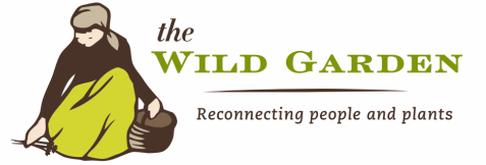
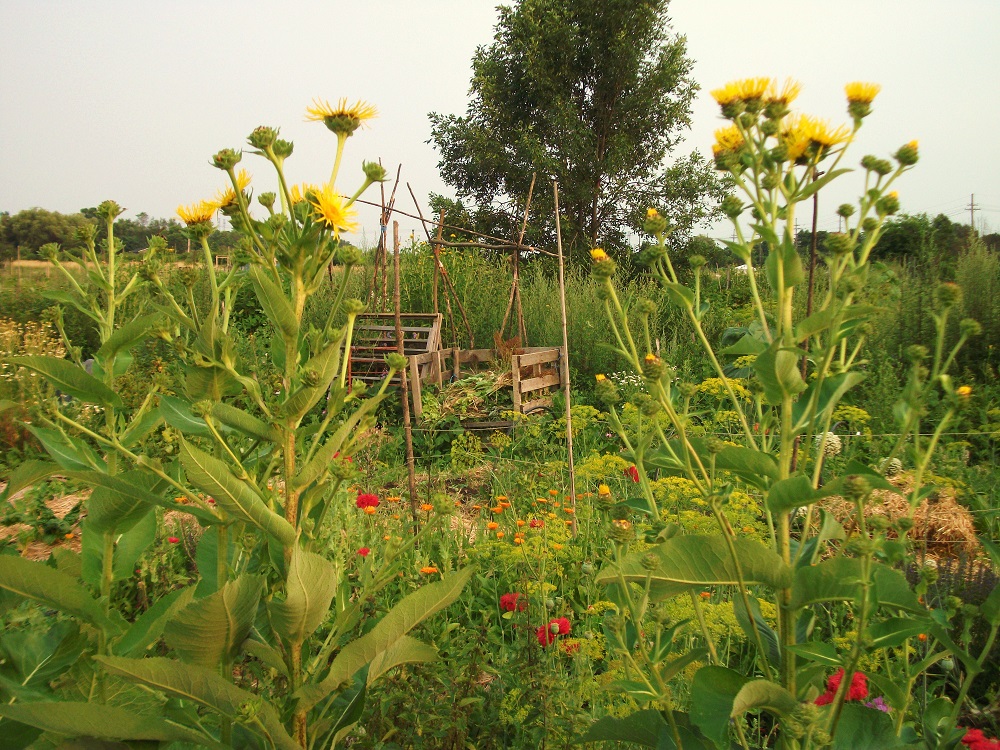
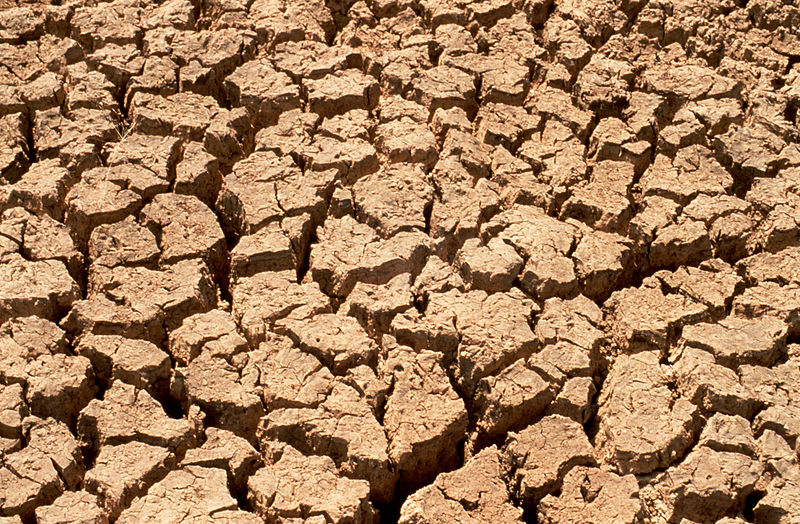
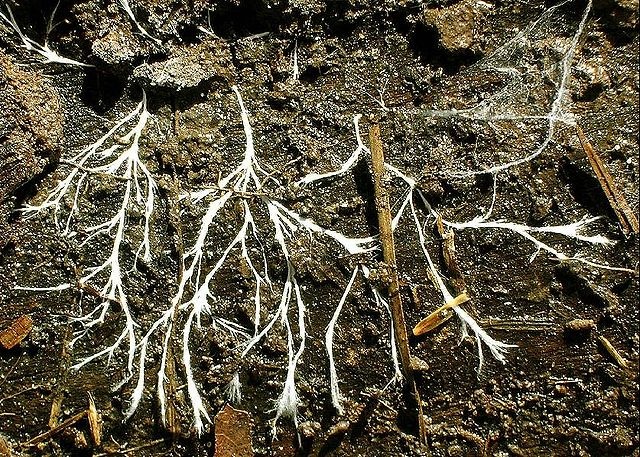
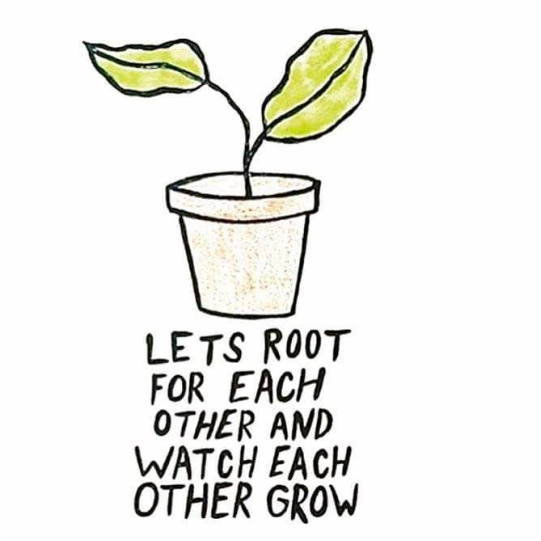
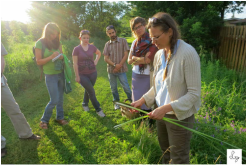
 RSS Feed
RSS Feed